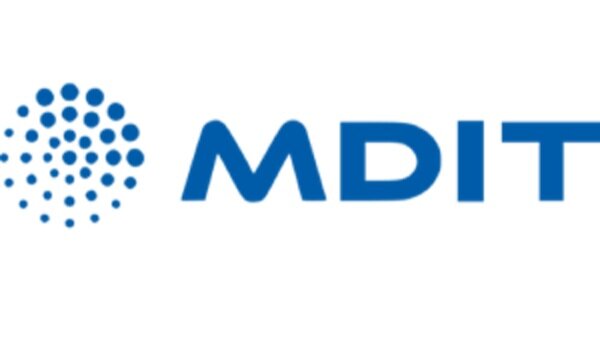Corporate Governance
A. Board and Sub-committee Charters
II. Investment Committee Charter
III. Audit and Risk Committee Charter
B. Constitution
C. Key Officers
Chairperson
The Chairperson of the Board is primarily responsible for the management and effective performance of the Board and the implementation of good governance practices. He acts as the spokesperson of the Board and presides over the Annual Meeting of shareholders.
The Chairperson ensures that:
the Board meets its set objectives;
Board members, when appointed, participate in an induction programme and, as needed, additional education or training programmes;
the Board members receive all information necessary for them to perform their duties;
the Agenda of Board meetings are determined;
the Board meetings are chaired in an effective manner;
the Board has sufficient time for consultation and decision-making;
minutes are kept of Shareholders', Board and Committee meetings;
the Committees function properly;
there is consultation with external advisors appointed by the Board;
the performance of the Board is evaluated periodically;
internal disputes and conflicts of interest concerning individual Board members are addressed, as well as the possible resignation of such members as a result; and
the Board has regular contact with the CIS Manager and her team.
CIS Manager
CIS Manager is responsible for the following:
Ensure that the decisions taken by the Board are implemented within the acceptable and approved risk tolerance / appetite levels;
Ensure that MDIT continues to play a role in the development of the financial sector as well as capital markets in Mauritius;
Review the buy and sell orders of securities before they placed through stock-broking companies;
Communicate with investment analysts and company executives to discuss financial matters, carry out research on companies and perform appropriate due diligence on investments;
Oversee all portfolio management responsibilities and develop appropriate investment management strategies in accordance with Company policies and guidelines;
Oversee all accounting, administration and reporting functions;
Oversee the company secretarial, MLRO, custodian and share registry functions;
Review offer documents and present investment information to the Board and Committees to take investment decisions;
Ensure the banking facilities are adequate and renewed with the commercial banks at competitive interest rates;
Ensure that the Board and Committees are periodically and adequately appraised about the operations of the Company through presentation of relevant Board / Committee papers;
Ensure compliance with all regulatory requirements and legislation.
Secretary
The Secretary ensures that the Board follows correct procedures and that it complies with its obligations under the Company's Constitution and the law, including the Companies Act 2001. Amongst others, the Secretary attends to the following:
Providing the Board with guidance as to its duties, responsibilities and powers;
Informing the Board of all relevant legislation and reporting at any meetings;
Filing of any documents required of the Company;
Ensuring that the minutes of all meetings of shareholders or directors are properly recorded in accordance with paragraph 8 of the Fifth Schedule and all statutory registers are properly maintained;
Certifying the return to be filed, together with the Company's annual financial statements with the Registrar of Companies and any other returns required;
Ensuring that a copy of the Company's annual financial statements and, where applicable the annual report is sent, in accordance with sections 219 and 220, to every person entitled to such statements or report; and
Assisting the Chairperson in organising the Board's activities (including providing information, preparing an agenda, reporting of meetings, evaluations and training programs).
Maintaining an interest register which is available for consultation to shareholders upon written request.
